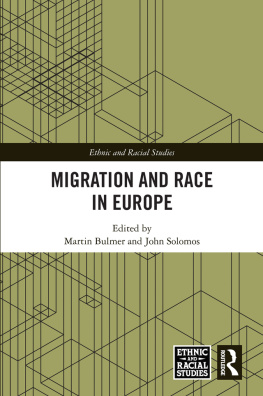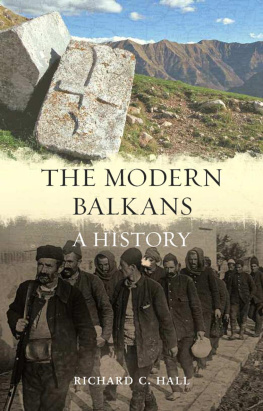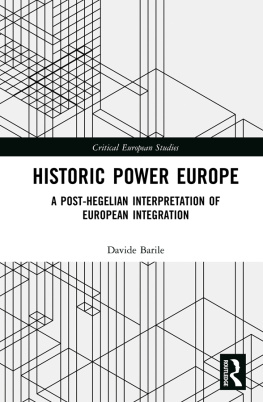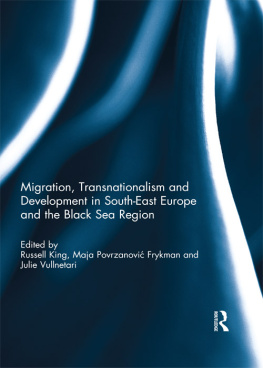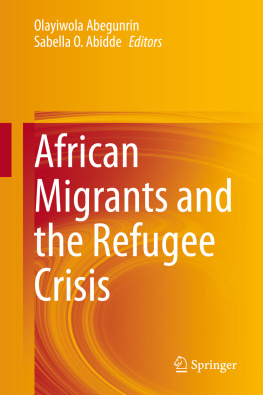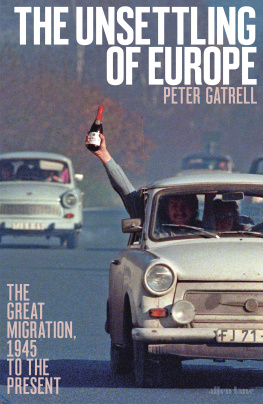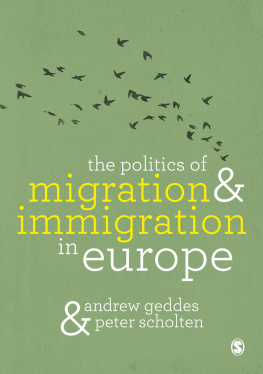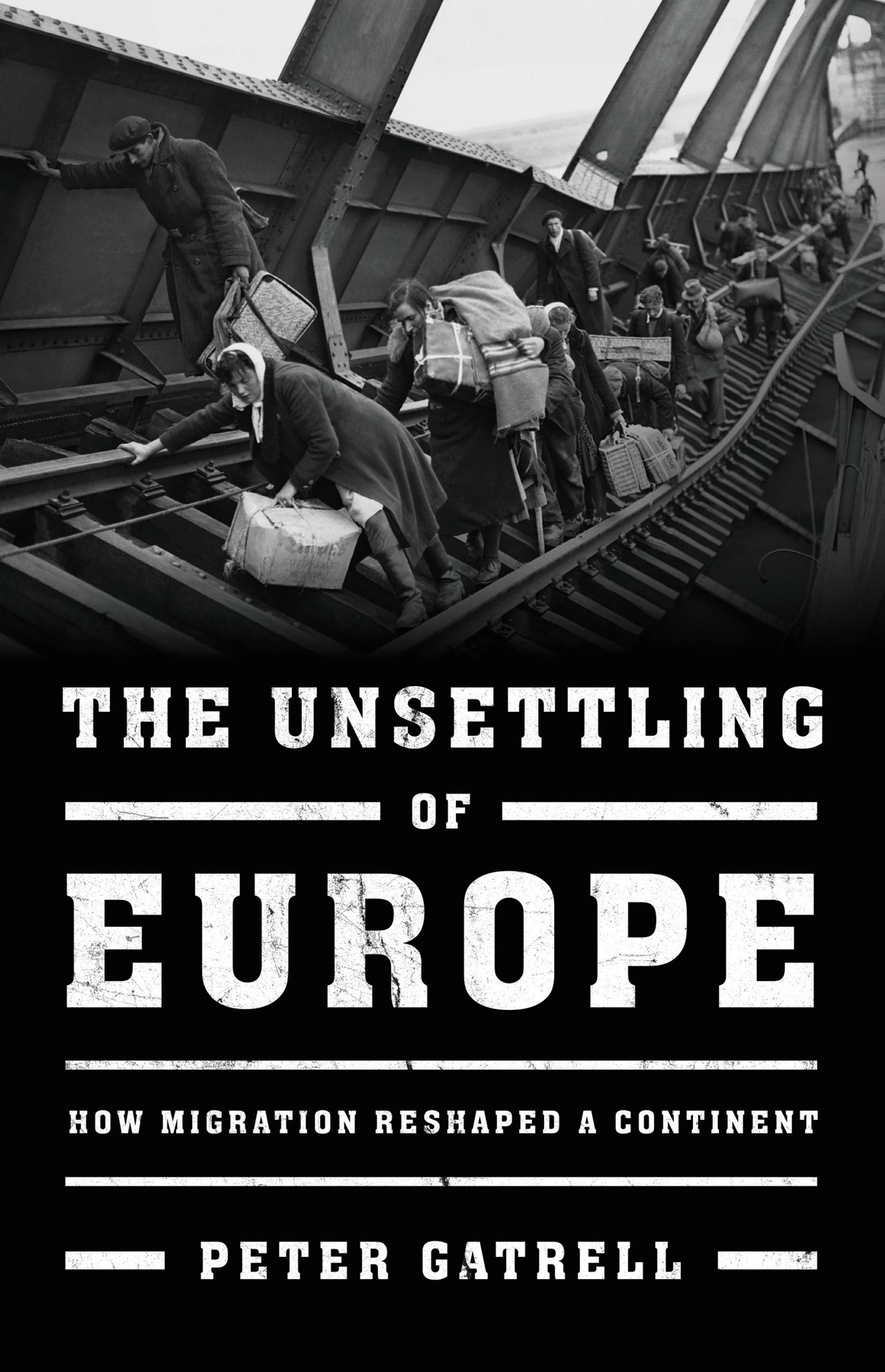Copyright 2019 by Peter Gatrell
Cover design by Chin-Yee Lai
Cover images Hulton Deutsch/Getty Images, Natalt/Shutterstock.com
Cover copyright Hachette Book Group, Inc.
Hachette Book Group supports the right to free expression and the value of copyright. The purpose of copyright is to encourage writers and artists to produce the creative works that enrich our culture.
The scanning, uploading, and distribution of this book without permission is a theft of the authors intellectual property. If you would like permission to use material from the book (other than for review purposes), please contact permissions@hbgusa.com . Thank you for your support of the authors rights.
Basic Books
Hachette Book Group
1290 Avenue of the Americas, New York, NY 10104
www.basicbooks.com
First Edition: August 2019
Published by Basic Books, an imprint of Perseus Books, LLC, a subsidiary of Hachette Book Group, Inc. The Basic Books name and logo is a trademark of the Hachette Book Group.
The Hachette Speakers Bureau provides a wide range of authors for speaking events. To find out more, go to www.hachettespeakersbureau.com or call (866) 376-6591.
The publisher is not responsible for websites (or their content) that are not owned by the publisher.
Library of Congress Cataloging-in-Publication Data
Names: Gatrell, Peter, author.
Title: The unsettling of Europe: how migration reshaped a continent / Peter Gatrell.
Description: First edition. | New York: Basic Books, 2019. | Includes bibliographical references and index.
Identifiers: LCCN 2019006372| ISBN 9780465093618 (hardcover) | ISBN 9780465093632 (ebook)
Subjects: LCSH: EuropeEmigration and immigrationHistory20th century. | EuropeEmigration and immigrationHistory21st century. | ImmigrantsEuropeHistory. | RefugeesEuropeHistory. | EuropeHistory1945
Classification: LCC JV7590 .G37 2019 | DDC 304.8/4dc23
LC record available at https://lccn.loc.gov/2019006372
ISBNs: 978-0-465-09361-8 (hardcover), 978-0-465-09363-2 (ebook)
E3-20190806-JV-NF-ORI
The Making of the Modern Refugee
Free World?: The Campaign to Save the Worlds Refugees, 19561963
A Whole Empire Walking: Refugees in Russia During World War I
Europe on the Move: Refugees in the Era of the Great War
Russias First World War: A Social and Economic History
Government, Industry and Rearmament in Russia, 19001914: The Last Argument of Tsarism
The Tsarist Economy, 18501917
| AfD | Alternative fr Deutschland (Alternative for Germany) |
| BAMF | Bundesamt fr Migration und Flchtlinge (Federal Office for Migration and Refugees) |
| DOMiD | Dokumentationszentrum und Museum ber die Migration in Deutschland (Documentation Centre and Museum of Migration in Germany) |
| DP | Displaced Person |
| EEC | European Economic Community |
| EEU | Eurasian Economic Union |
| EU | European Union |
| Eurodac | European Data Archive Convention |
| Eurosur | European Border Surveillance System |
| EVW | European Volunteer Worker |
| FAS | Fonds daction sociale (Social Action Funds) |
| FLN | Front de libration nationale (National Liberation Front) |
| FRG | Federal Republic of Germany |
| Frontex | European Border and Coast Guard Agency (Frontires extrieures) |
| GDR | German Democratic Republic |
| ICEM | Intergovernmental Committee for European Migration |
| INED | Institut national dtudes dmographiques (Institute for Demographic Studies) |
| IOM | International Organisation for Migration |
| IRO | International Refugee Organisation |
| MSF | Mdecins sans Frontires (Doctors Without Borders) |
| NATO | North Atlantic Treaty Organization |
| NGO | Nongovernmental organisation |
| ONI | Office national dimmigration (National Immigration Office, France) |
| SBZ | Sowjetische Besatzungszone (Soviet zone of occupation) |
| SIS | Schengen Information System |
| SONACOTRAL | Socit nationale de construction de logements pour les travailleurs Algriens (National Housing Construction Company for Algerian Workers) |
| SPD | Sozialdemokratische Partei Deutschlands (Social Democratic Party, Germany) |
| UNHCR | (Office of the) United Nations High Commissioner for Refugees |
| UNRRA | United Nations Relief and Rehabilitation Administration |
| USEP | US Escapee Program |
| WCC | World Council of Churches |
| WRY | World Refugee Year |
F IRST AND FOREMOST , my thanks go to Simon Winder at Penguin Books and Lara Heimert at Basic Books for inviting me to write a book about European migration since 1945, and to Felicity Bryan for being a staunch advocate from the outset. They have all offered much-needed encouragement along the way. I should also like to mention Paul Betts, who originally recommended me to the Felicity Bryan Agency.
Katie Lambright at Basic Books sent me numerous comments on a first draft: she knows how much her careful and perceptive reading improved what was originally a sprawling manuscript. As copyeditor, Kathy Streckfus helped me to put my ideas across more clearly. I am enormously grateful to them both for their advice. I would also like to thank Ellen Davies, Stephanie Summerhays, and others on the team at Penguin and Basic Books, and George Lucas at Inkwell Management in New York. I found it very inspiring at a late stage to work with my picture editor, Cecilia Mackay. Her advice on images and layout was much appreciated.
I am grateful to the Faculty of Humanities and the School of Arts, Languages and Cultures at the University of Manchester for granting me research leave that enabled me to work on this book and to manage all my other commitments.
Much of what I have to say in this book relies heavily on the work of specialists in the field, as well as the published testimony of migrants. I hope the endnotes reflect how much I owe to them. Colleagues at the ever-helpful staff in the Document Supply Unit at the University of Manchester Library kept me supplied with books. I should also like to thank staff at Cambridge University Library and the Library of the London School of Economics and Political Science, where browsing the stacks regularly threw up all sorts of surprises. This is also an opportunity to acknowledge once again the many archivists whose expertise enabled me to carry out research for this and other books of mine.
Given the scope of this book, I needed to consult with people who could advise me on my areas of ignorance. In naming them and expressing my gratitude, I should emphasise that none of them should be held responsible for any errors or misinterpretation on my part.
Katia Chornik, Hans Wallage, and Gustav ngeby contributed valuable research assistance at an early stage, and I am grateful to them for placing at my disposal their knowledge of the literature in Spanish, Dutch, and Swedish, respectively.
A number of colleagues at the University of Manchester offered advice on specific issues and encouraged me along the way. They include Ana Carden-Coyne, Eleanor Davey, Alex Dowdall, Pierre Fuller, Yoram Gorlizki, Sasha Handley, Laure Humbert, Jo Laycock, Margaret Littler, Yaron Matras, Frank Mort, Tanja Mller, Kasia Nowak, Sarah Roddy, Julie-Marie Strange, Bertrand Taithe, Vera Tolz, and Alexia Yates, together with Jackie Ould and Hannah Niblett at the Ahmed Iqbal Ullah Race Relations Resource Centre. I also profited from discussions with Ria Sunga and Becky Viney-Wood, as well as with successive cohorts of undergraduate students.


